In Latinx teatros around the country, leadership transitions loom as their founders and current leaders prepare to turn their companies over to the next generation. The fieldwide wave of leadership turnover in nonprofit theatre has been documented in many outlets, including the HowlRound Theatre Commons series The Changeover. However, there is a lack of documentation of Latinx theatre within the US theatre. The next generation of leaders should have access to the history and trajectory of teatros, too, so that they will be able to make decisions that are informed by that history. The Latinx Theatre Commons (LTC) works to fill that gap through publications like Café Onda and the documentation of all of our gatherings through the HowlRound journal. By facilitating conversations between leaders to be published on HowlRound’s free online journal, the Latinx Theatre Leaders at the Forefront series continues to expand coverage of Latinx teatro, making it more accessible to anyone wanting to learn more.
When I was pursuing my undergraduate degree, it was easier to learn about the history and robust success of predominantly white institutions (PWIs) than it was to find out more about the history of teatro movements. This led me to believe that the teatros lacked community organizing I craved and that this work was housed in PWIs. Yes, you read that right! The community organizing that has historically been led by Brown and Black people, both in theatre and more broadly, was not taught in my theatre classes and became challenging to find on my own. Because of this, my thesis focused on the history of teatro movements beginning in 1965. Through this research, I was able to learn about the vast history of teatro and the systemic ways in which organizations of color are under-resourced compared to larger regional theatres. PWI’s are often celebrated for their work in diversity, equity, and inclusion (DEI), although artists have been using their platforms to push back against inequity in these institutions. Still, these theatres are seen as pushing boundaries when they produce plays by people of color and provide closed captions, relaxed performances, or translations to a play. But the teatro movement has always been rooted in inclusion and meeting the needs of its community.
Teatros did not set out to fulfill a DEI initiative; they did so (and continue to do so) because for decades no one else was providing these opportunities.
We need to look no further than El Teatro Campesino, which began educating farmworkers about the need to unionize in 1965 as César Chávez and Dolores Huerta were founding the United Farm Workers Movement. Then, there is the Latino Theater Company, which produces work that is reflective of the Los Angeles, California Latinx community. In a panel during LTC’s Comedy Carnaval last year, the Latino Theater Company’s associate artistic director, Evelina Fernandez, said “I write for Los Angeles Chicanos… there is something revolutionary about putting characters on the stage that your audience doesn’t see at the regionals”. In 1976, GALA Hispanic Theatre began for similar reasons, creating work that centers Latinx arts and culture after artistic director, Hugo Medrano, saw the cultural gap of Spanish-speaking theatre in Washington, DC. As part of their fiftieth anniversary season just this year, Su Teatro in Denver, Colorado produced Papi, Me, and César Chávez, which was written and directed by artistic director Anthony J. Garcia after talking to a classroom of kids who, when asked if they knew César Chávez, thought he meant boxer Julio César Chávez. These are only a few of the theatres that have been a part of a larger movement. Though I admit we are not without fault, teatros did not set out to fulfill a DEI initiative; they did so (and continue to do so) because for decades no one else was providing these opportunities. In this interview series, we’ll be transported to Los Angeles, Denver, Minneapolis, and other cities where the work to engage and serve the Latinx community has been ongoing for decades as the foundation of many organizations, not an arm of their community programming.
Now, as the producer of the LTC, I serve on the steering committee of the National Latinx Theater Initiative (NLTI), which supports the ecosystem of theatre organizations and ensembles founded by, led by, and serving the Latinx community in the United States and Puerto Rico. Through conversations with fellow steering committee member Abel Lopez, who is associate producing director at GALA Hispanic Theater, a question emerged: what if Latinx teatro leaders shared their history and hopes for the future during a conversation with an emerging Latinx leader in the field? In our conversation, Abel reflected on what a shame it would be if we were to lose the opportunity to hear from the individuals who founded theatres or became important artists to theatres, losing all that history and experience with them.

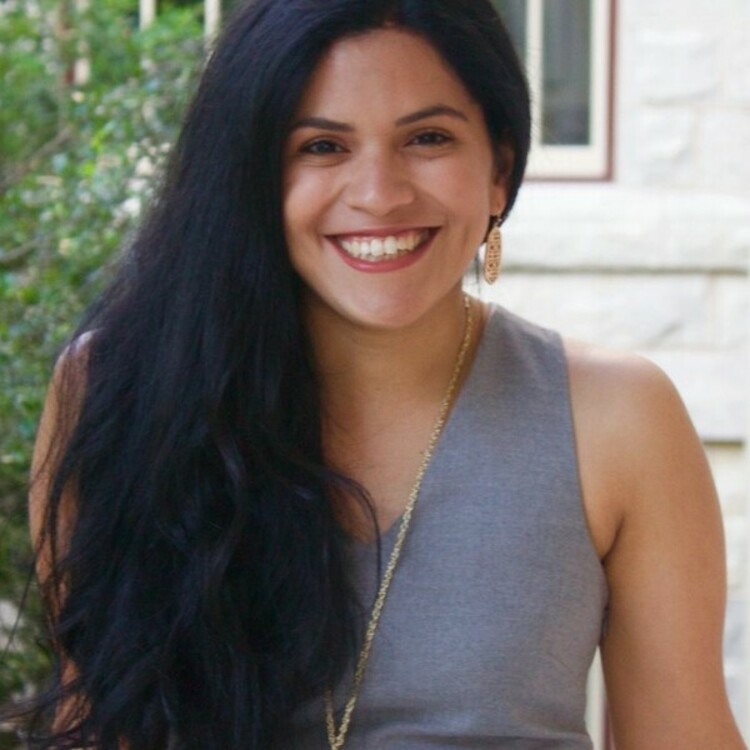
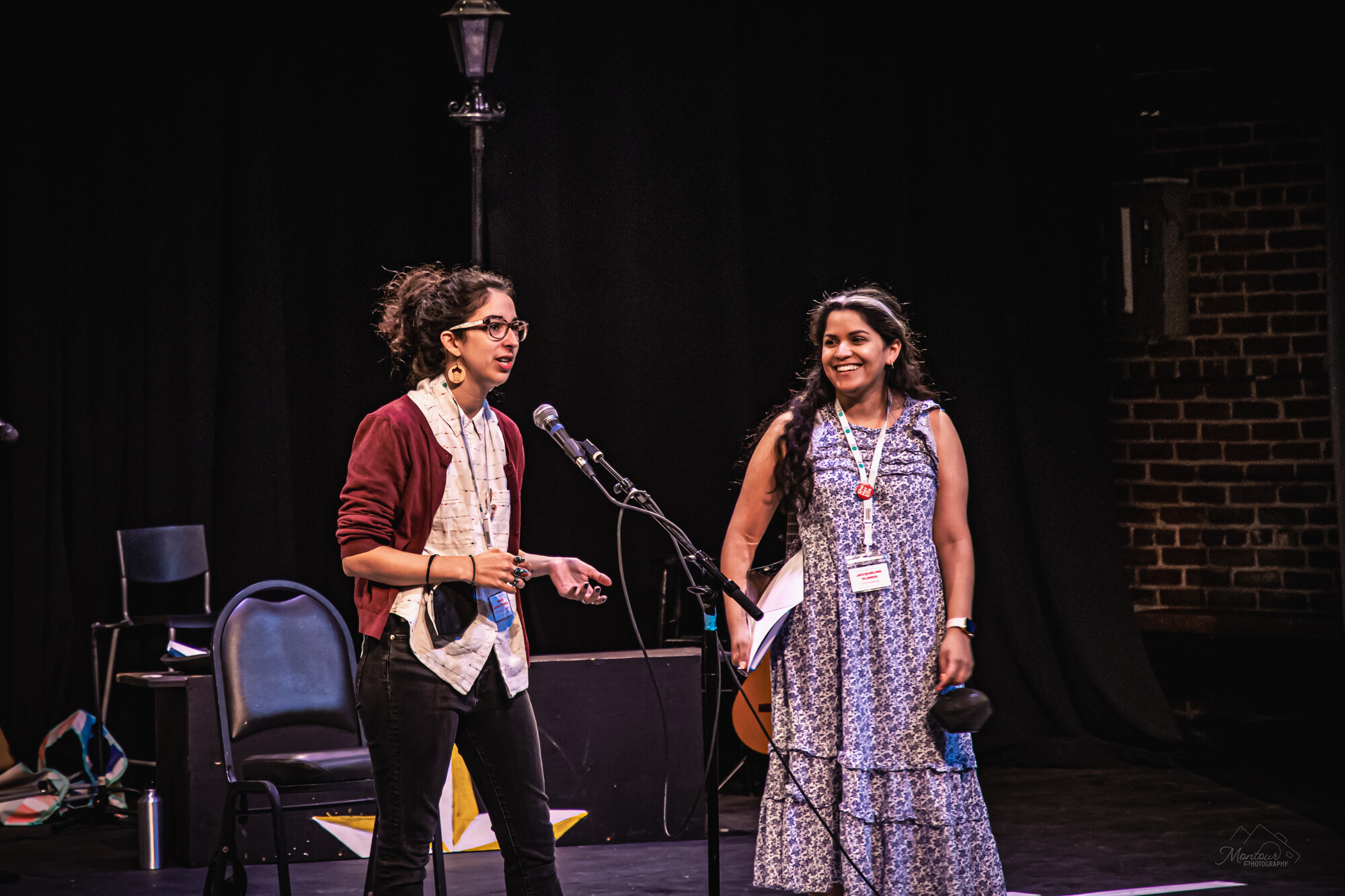
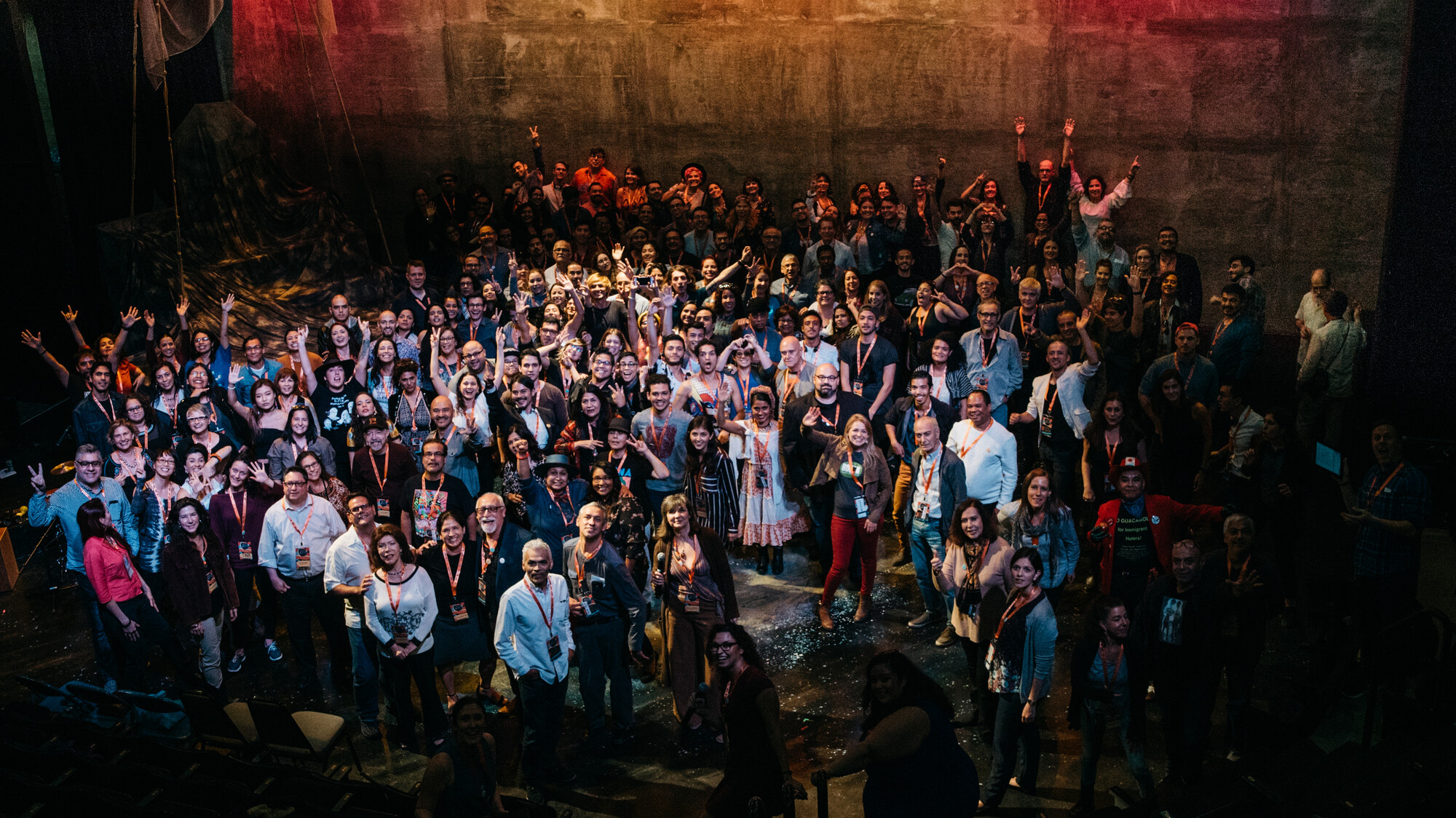
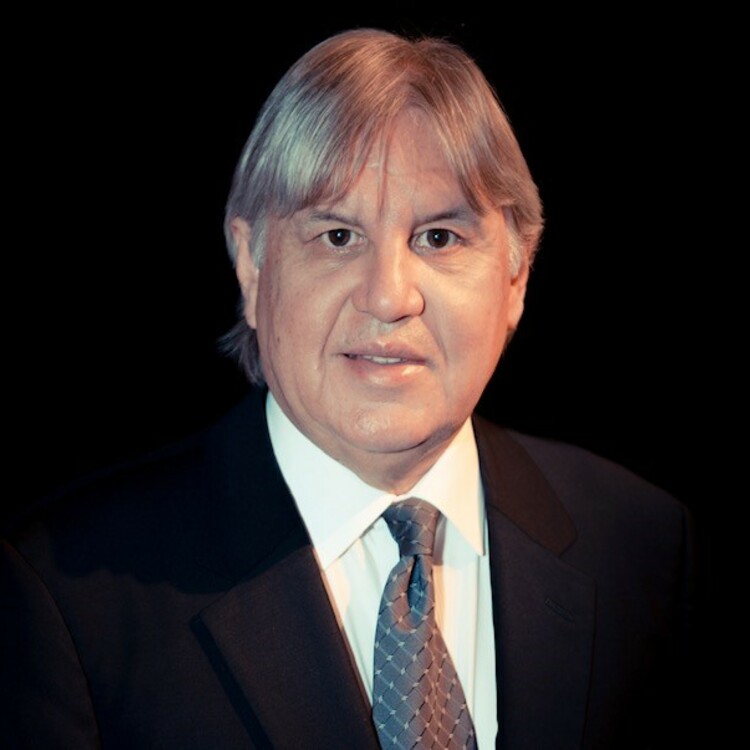



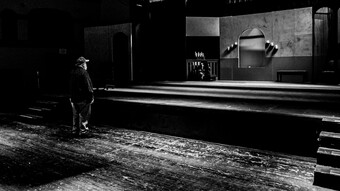


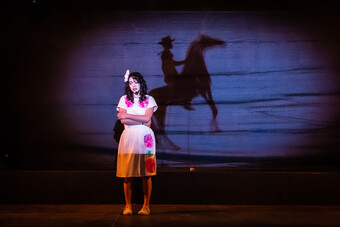


Comments
The article is just the start of the conversation—we want to know what you think about this subject, too! HowlRound is a space for knowledge-sharing, and we welcome spirited, thoughtful, and on-topic dialogue. Find our full comments policy here